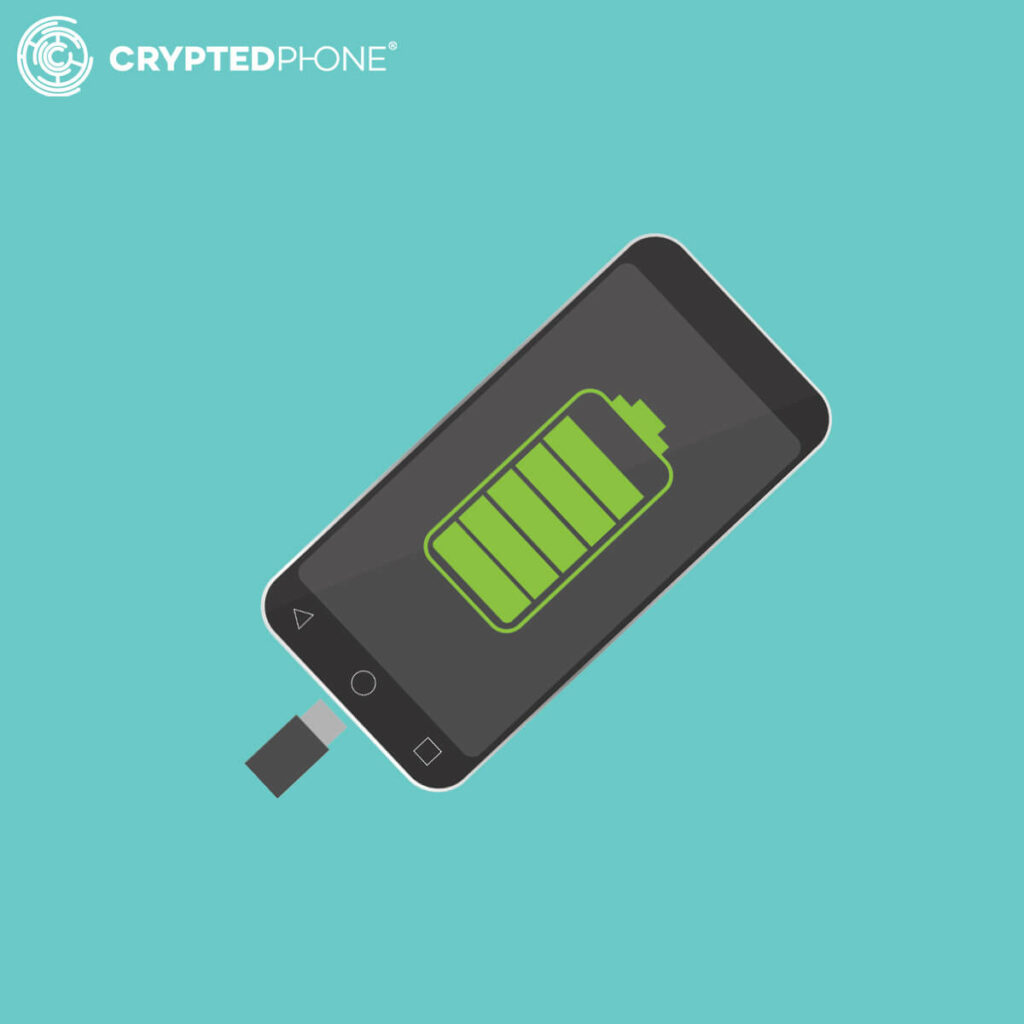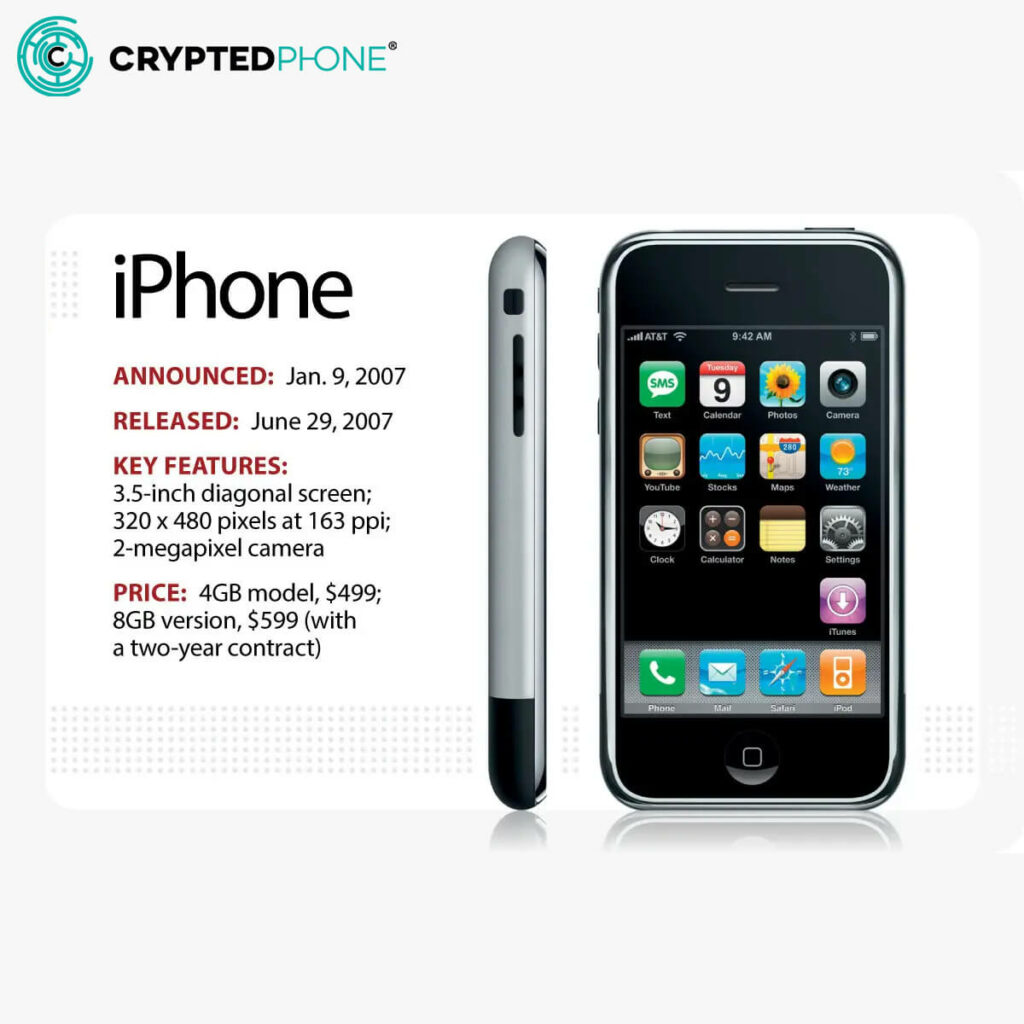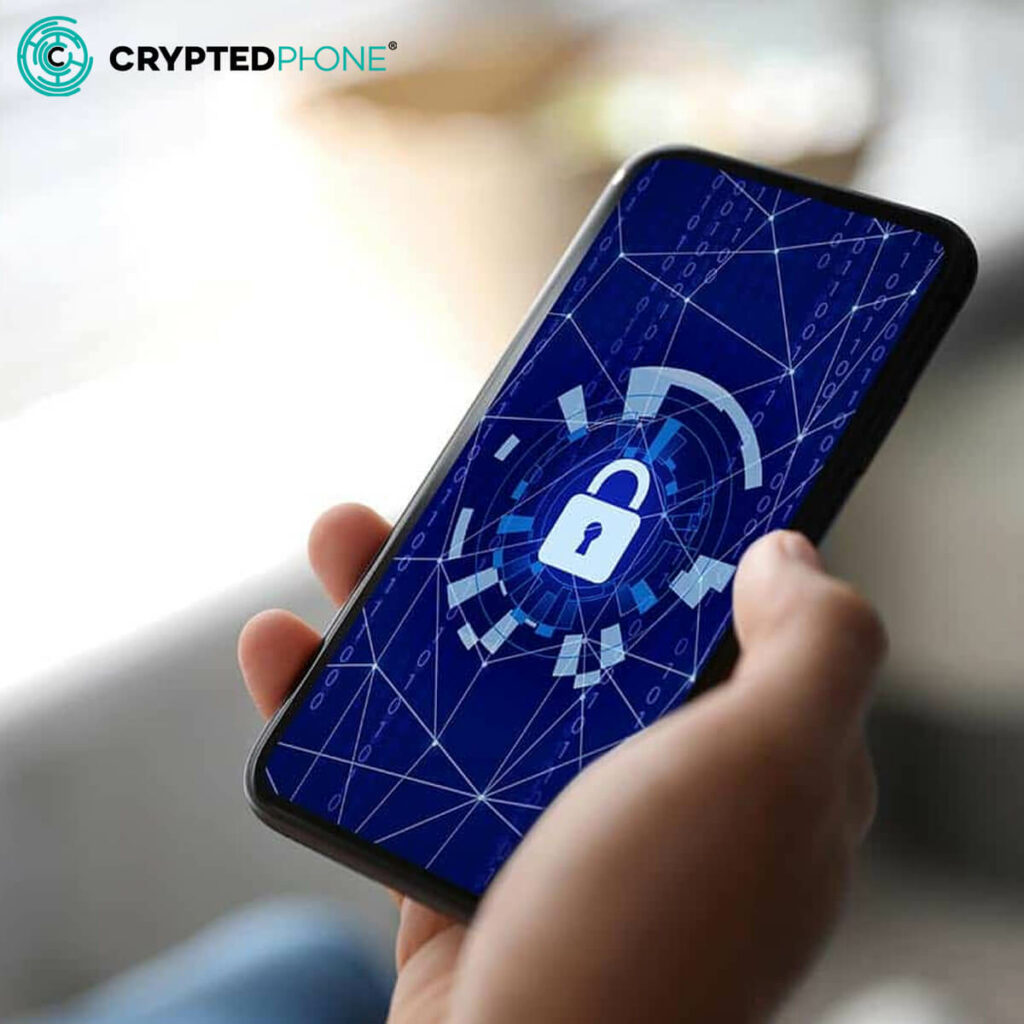Smartphones have become an essential tool in the daily lives of millions of people.
These mobile devices, which allow us to perform a wide variety of tasks, have evolved significantly since they appeared on the market more than a decade ago.
We will delve into the different aspects of smartphones, from their features to their history and future.
What is a smartphone?
A smartphone is a mobile phone that, in addition to making calls, allows you to connect to the Internet, send and receive text messages, take pictures, and record videos, among other functions.
The main difference between a smartphone and a conventional mobile phone is that the former has a more advanced operating system, which allows you to install applications and customize their use.
Common features of smartphones
Next, we detail some of the most common characteristics of smartphones:
Screen
Smartphone screens are usually high resolution and variable in size, depending on the model.
In addition, most smartphones have touch technology, which allows you to interact with the device through gestures and touches on the screen.
Camera
Smartphone cameras have improved significantly recently, becoming an essential tool for capturing high-quality photos and videos.
Higher-end models typically have front and rear cameras, and some include features like image stabilization, optical zoom, and slow-motion recording.
Processor
The processor is the smartphone’s brain and is responsible for executing the applications and functions of the device.
Newer smartphones often have high-speed, multi-core processors, allowing them to multitask without slowing down.

Battery
The battery is one of the essential components of a smartphone since the duration of the charge of the device depends on it.
Modern smartphones often have lithium batteries, which are lighter and more durable than conventional batteries.
In addition, some models have fast charging technologies that allow the battery to be recharged quickly.
History of Smartphones
The first smartphones appeared in the 1990s, but after the launch of Apple’s iPhone in 2007, these devices became popular.
Since then, the leading technology brands, such as Samsung, LG, and Huawei, have launched increasingly advanced and sophisticated smartphone models.

Types of operating systems
There are several smartphone operating systems on the market, although the two most popular are Android and iOS.
Android is the operating system developed by Google and is used in various devices from different brands.
iOS, for its part, is the exclusive operating system of Apple devices, such as the iPhone.
Each operating system has its advantages and disadvantages, and the choice will largely depend on the preferences and needs of the user.
The future of Smartphones
In recent years, smartphones have experienced a dizzying advance in technology and design. However, this is only the beginning. Future smartphones will be more powerful, intelligent, and with new functionalities.
One of the most critical features of smartphones of the future will be their capacity for artificial intelligence and machine learning. Devices will be able to learn user habits and preferences and understand and respond to natural language voice requests.
Another feature that future smartphones will incorporate will be 5G connectivity, which will allow ultra-fast connection speeds.
This will allow new forms of communication and access to information in real-time and improve the quality of online services.
Finally, the smartphones of the future will have a longer battery life. Larger batteries and fast charging technology will allow users more usage time and not worry about running out of battery at critical moments.
Cryptedphone versus Smartphone
In the age of digitalization and the Internet, the privacy and security of personal information are growing concerns. This has led to the creation of smartphones with enhanced security features and the appearance of an alternative: the Cryptedphone.
A Cryptedphone is a mobile device that uses encryption technology to protect the user’s privacy and the information transmitted through the machine.
The encryption ensures that only authorized recipients can access the information, making it ideal for people who handle sensitive information. Although they also have security measures, smartphonesarenot as safe as Cryptedphones. While smartphones offer various functionality, such as apps and games, these features can make them an attractive target for cybercriminals.

Conclusion
The choice between a Cryptedphone and a smartphone depends on the user’s privacy and information security priority.
Smartphones are more popular and shared in society, which makes them easier to find and obtain. On the other hand, Cryptedphones are usually more challenging to acquire and have a higher price.
While Cryptedphones offer higher levels of security, smartphones are more popular and accessible.
Therefore, it is recommended that users consider their personal needs and preferences when deciding which mobile device to use.

